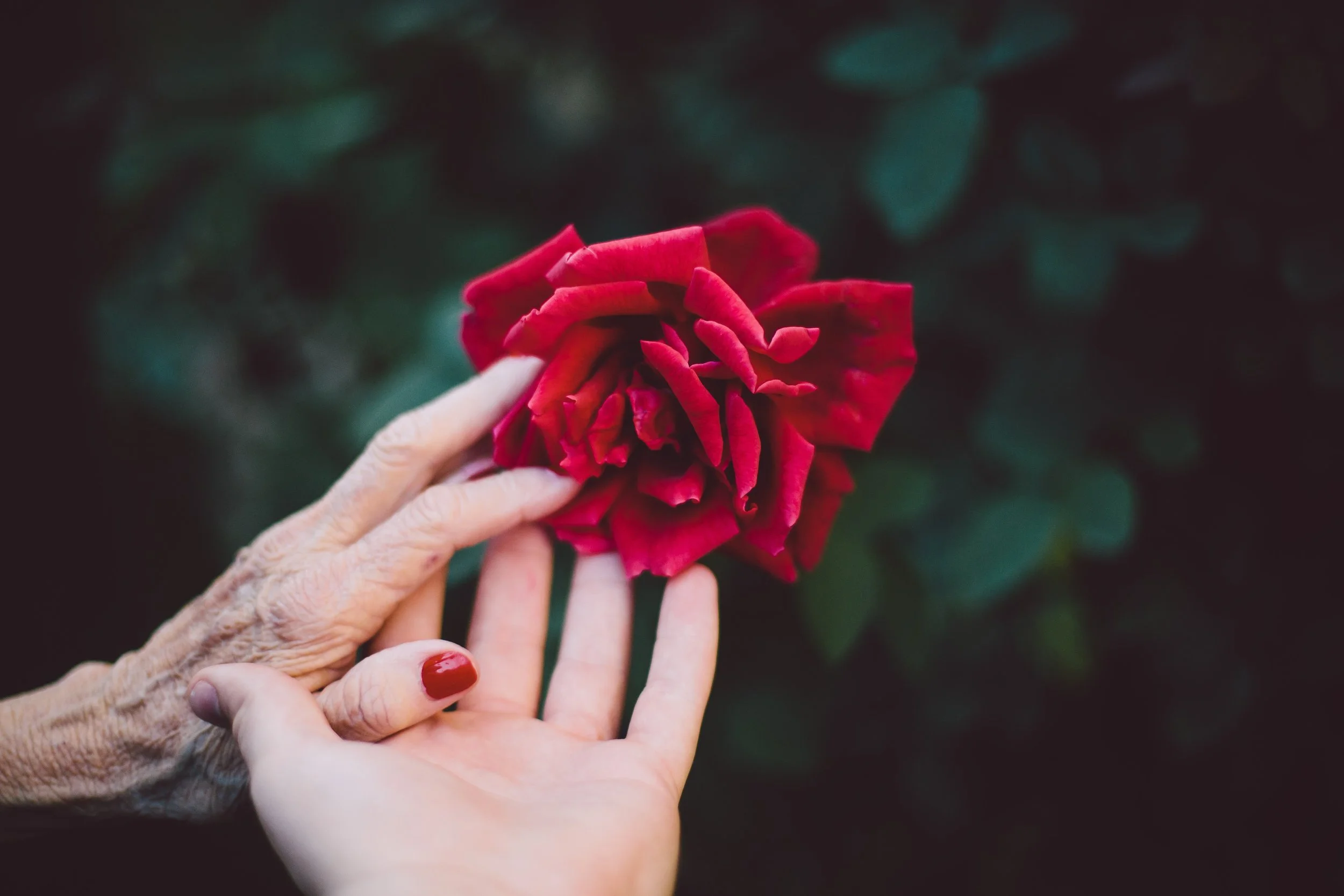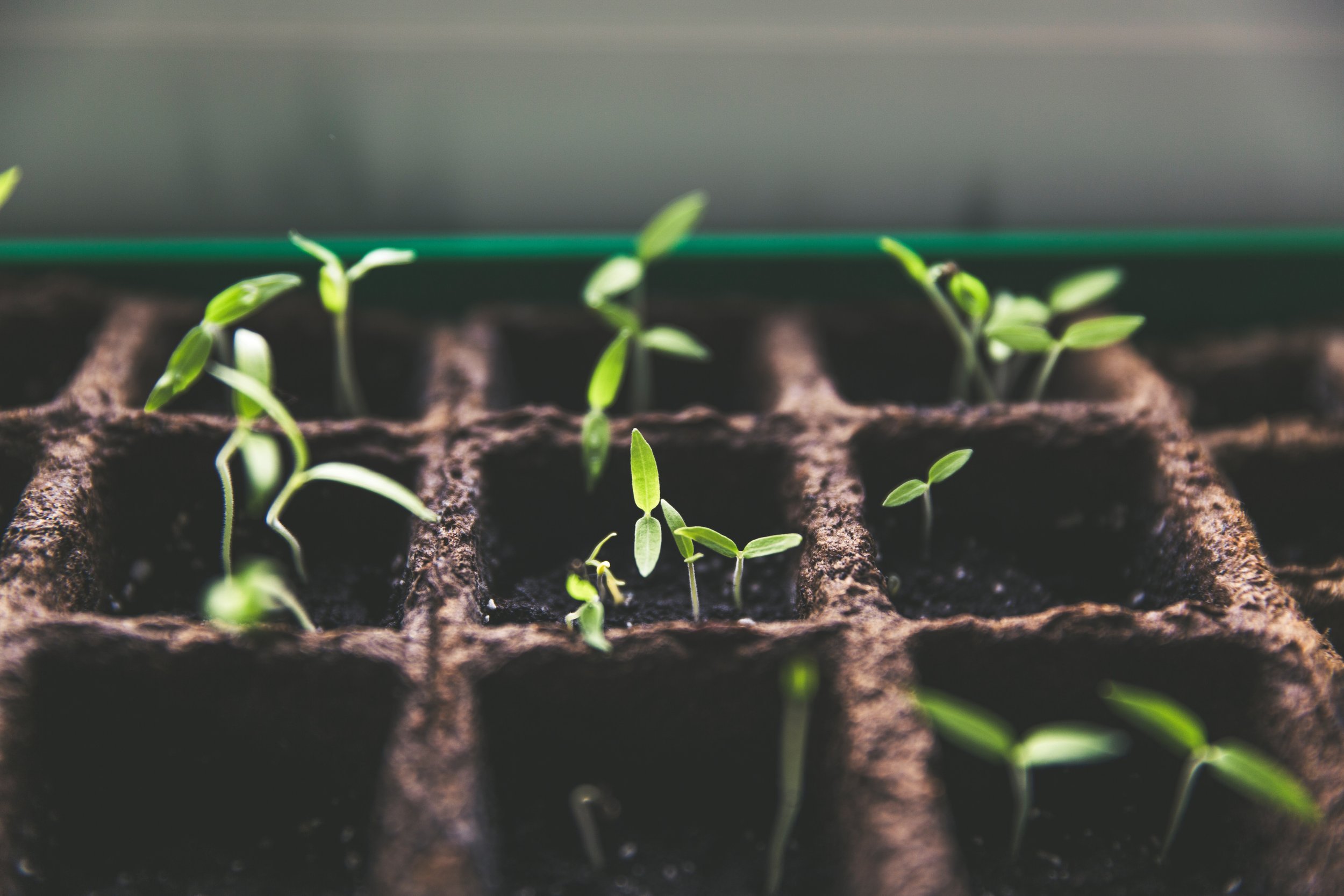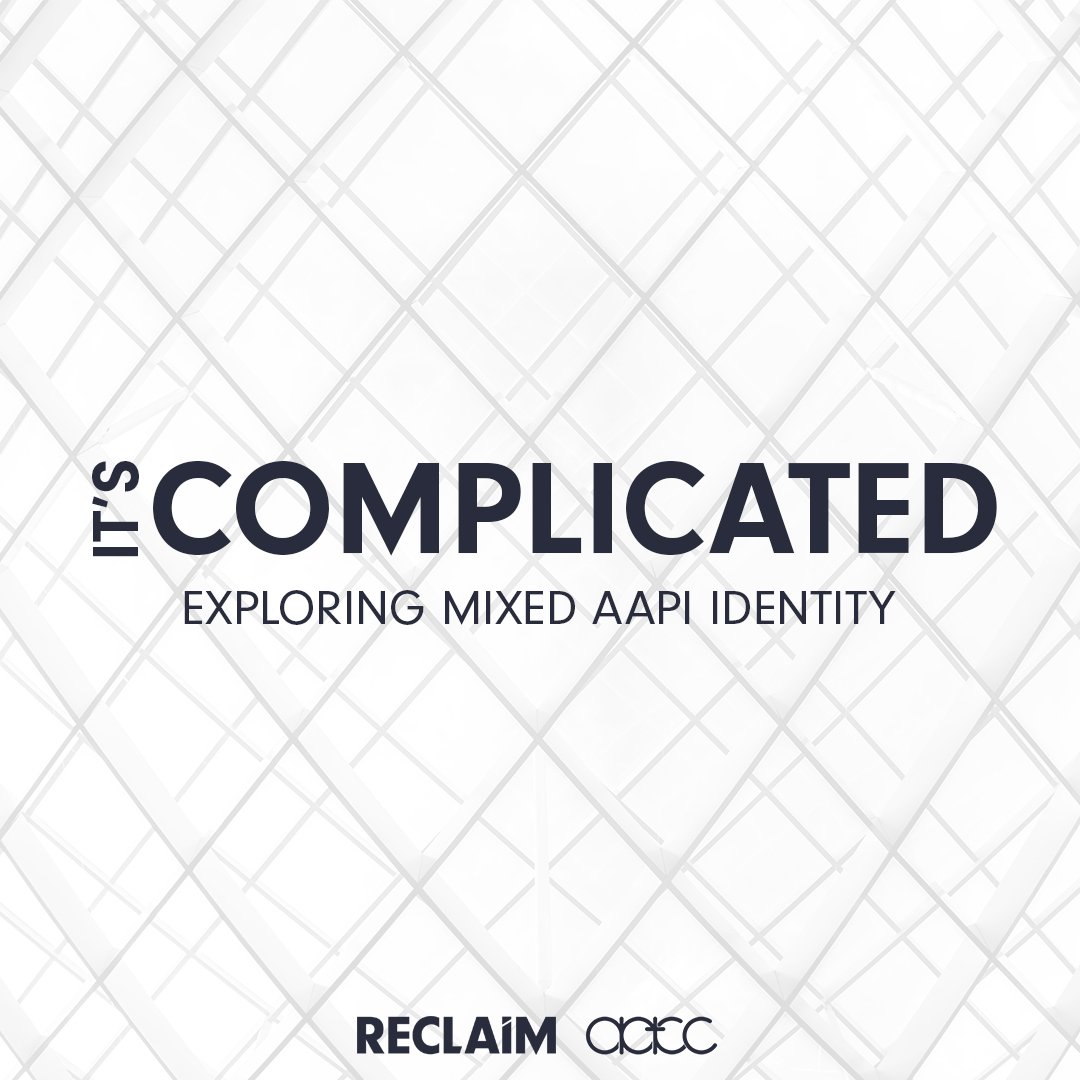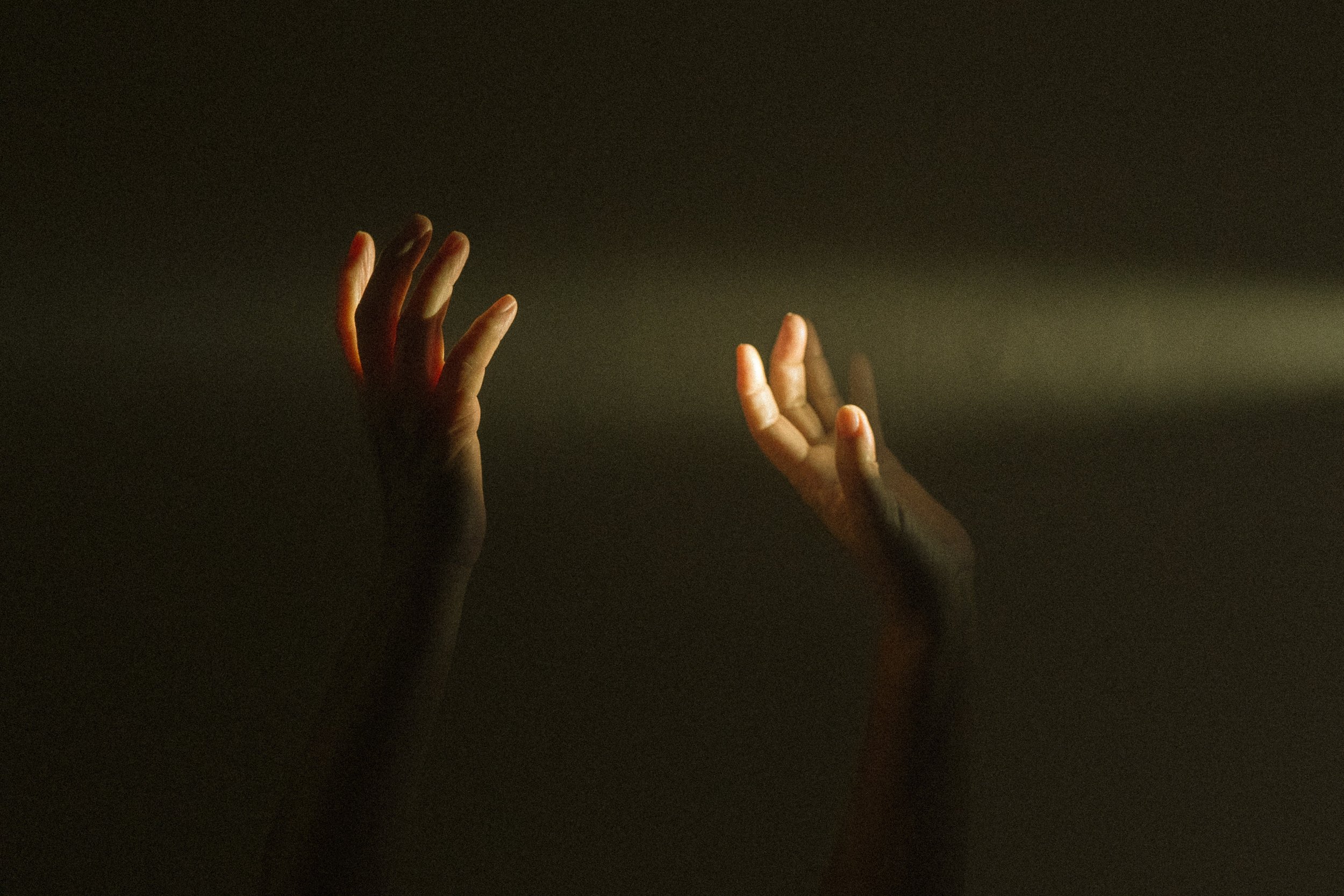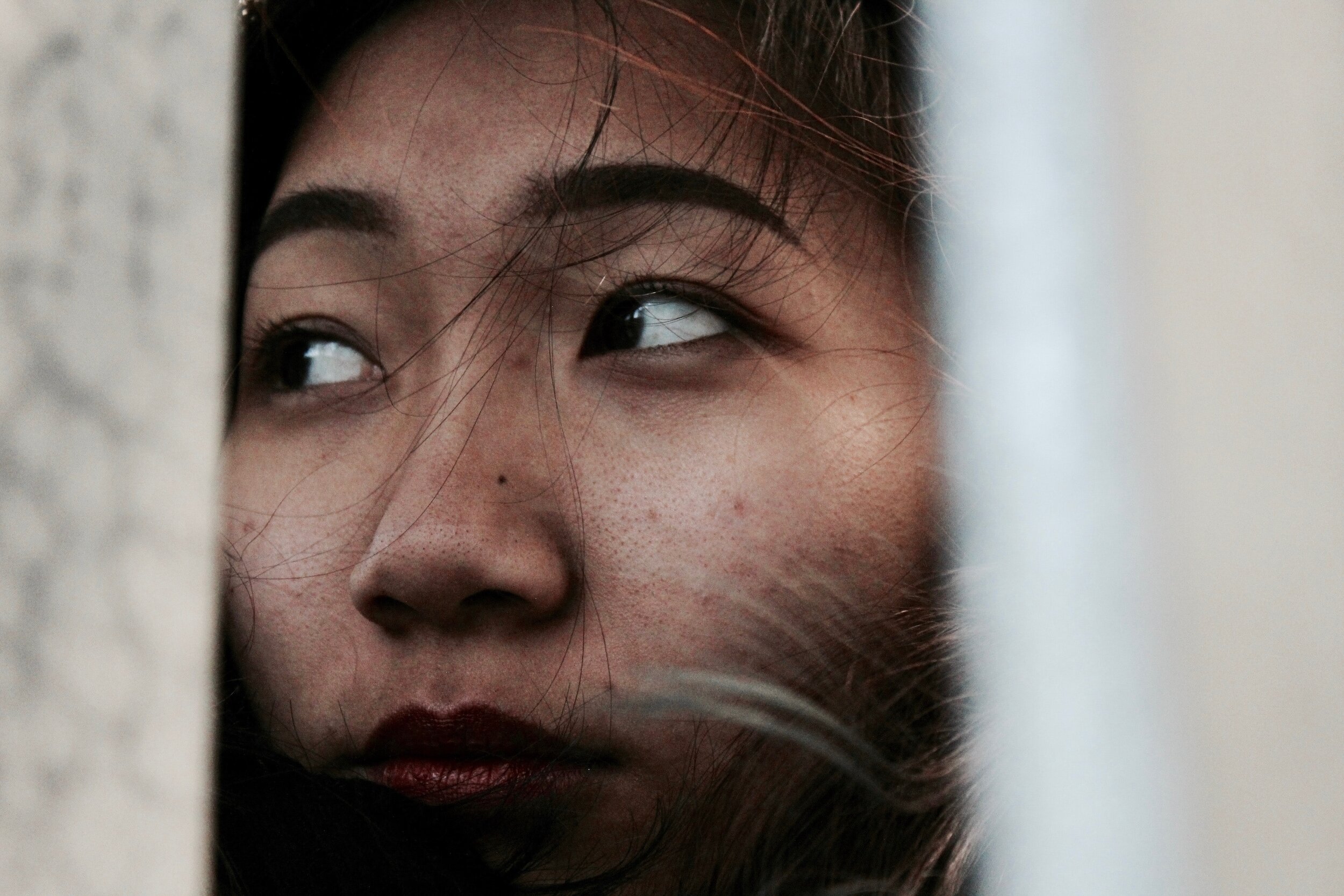Our Series
Representation in Media
Was John Chau’s life lived in obedience to God and the spread of the Gospel or was it, as his pastor feared, pursuing “a fantasy"?
Yet the beauty of it is learning that all of those pieces, even the painful ones, fit perfectly together to create the masterpiece that is me. Stories, pain, conflict, joy, resilience, creativity, courage, and even anger have all brushed their unique strokes and colors onto the canvas of my life and invite me into an opportunity to become whole as I welcome all of the pieces of myself.
Here we have a story; that doesn’t live happily ever; after but goes on, nevertheless. We don’t know exactly; what happened to grandma, only; she is with them like voices in leaves.
Films that disempower East Asian women tend to fall short because the house of cards was built upon a shaky foundation.
In this article, we interview Tina Cho about her work as a children’s author and the value of diverse representation in children’s literature, which characterizes much of her work.
Flourish
Discipleship in the Korean American immigrant church wasn’t just a way to transfer knowledge and information, but an invitation into a new way of life in a new community—especially as so many people had to rely on each other just to survive in a society that wasn’t really designed with them in mind.
Throughout her book, Jun continues to pull on the theme of coming home to yourself—and the way that journey looked for her uniquely as a biracial Korean woman growing up in the States.
A flourishing church does not mean a church devoid of problems and issues. It does not mean there will be no suffering in unknown times. However, a church that flourishes will require a different kind of sacrifice. Flourishing requires the participation of both men and women. It requires the young and old
In order to fix the divisions in our churches and our country, we not only have to understand what is broken but how it is broken.
When I think about my grandmother, I wonder, “Wasn’t her life also a ministry?” Perhaps she was not welcome to hold a title or a position in the church, but I believe my grandmother’s life looked a lot more like the life of Jesus than the lives of some of the male church leaders.
The most important thing non-females can do in a ministry setting is to empower and acknowledge the talents they see in their congregation, and this can be done through language
Pastoring has been the soil on which I have met the Lord, over and over again. This calling invites me to be saturated in God’s presence and in God’s Word, year after year. It stirs up all of my insecurities and fears and my imposter syndrome, and those things become the ripe soil on which Jesus meets me, over and over again, to speak his words of love.
Though many Asian American churches and ministries often sing worship songs from the likes of Hillsong and Bethel, or Western hymns for the older generation, with a bit of digging, I’ve discovered that worship songs written by and for Asian American Christians have been around for at least a few decades.
Reclaiming Heritage
One of my favorite stories is Akira Toriyama’s manga/anime Dragon Ball. Loosely inspired by the novel Journey to the West, Dragon Ball follows a young boy named Son Goku, who enjoys martial arts which helps him to fight strong opponents and push his limits. While Dragon Ball never explicitly states its Asian setting, Toriyama prominently features Asian food, martial arts, and characters with dark hair and eyes. These examples may sound simple, but my younger self, who grew up on white superheroes like Superman, instantly felt a deeper connection to Goku as I experienced Asian representation for the first time.
do not forget
the ropes
suffocating the necks of
the Chinese
who sing the song of ages:
we can’t breathe.
Somehow learning that I have an Asian American accent felt fitting after learning snapshots of history. As if I inherited an unexpected gift or was mysteriously re-connected to the Asian Americans who came before me and struggled the same way. While I’ll probably always fumble over Korean, I know that regardless of my proficiency in Korean or English, I belong here.
I was a stranger in the country, which had been home for so many years. People had moved on, and I was no longer a little child. My friends were no longer there, and my parents had a new routine as empty nesters. I had become more South Indian than they wanted me to be, and they found my new habits different. I had learned to move adeptly between two cultures, but I was neither here nor there.
Dad, a white man born in Kansas—
grew up in a time when plenty
folks who looked like them
were not allowed to wed,
I felt that I existed as a series of masks, appearing as others wanted me to, but without any sense of who I actually was. I waded through a depressive fog, wondering if there was any hope to feel at peace in the body that felt so foreign to me.
No matter how hard I tried to explain my Indonesian origins to those around me, my face erased my story.
Enjoy your cultural tapestry
Embrace your ancestral terrain.
Remember they once had nothing
Remember from whence you came.
Look at her nose.
It’s like mine.
I couldn’t see myself as both
not because I did not want to
but because society told me I couldn’t be
both
Over time, the soft yet profound distinctions between being Koreans in America and being Koreanamericans settled into our lives. Ye Eun yielded to Julie as I underwent a nearly complete transformation and became a cultural stranger to my ancestors. Yet to this day, no prayer moves me more than ones uttered in my mother tongue.
I’m from “Did you eat yet?” and “Practice your piano,”
From “Don’t get to dark or you’ll smell like the sun”
What tongsung gido had been saying all along is this: our negative emotions have a place in our relationship with God and with each other. We are all angry. We all know the contours of despair. We have only to direct our cries heavenward, together.
It’s complicated
God has plans for us…plans that are sometimes very different from our own goals and strategies.
For the sake of love and honor, discover the aspects of identity and heritage that might be different from you. Be curious and ask about the ways that their ethnic histories have combined together. And in doing so, we can remember and celebrate the unique differences of each of us, that we are not monolithic in any aspect of life.
My advice is to love yourself and appreciate your Asian beauty. You don’t need to look or act a certain way and there’s no such thing as not being Asian enough.
The way I see it, it isn’t just nice to worship Jesus and be formed in Christlikeness with people who are different from us; we actually need each other to experience the fullness of God—we cannot do it without each other.
In the Bible, I see a God who deeply values cultural expression and connection. Holding our identity in Christ as our highest and truest identity doesn't mean that culture doesn't matter at all.
Being Mixed does not mean you are part of one culture and part of another; being Mixed means being fully you, as well as the full mix of the entirety of your ethnic and cultural background. You are wholly, uniquely you: A whole, Mixed, beautiful creation bearing God’s image.
Advent 2022
The God of Advent is not a God of wealth, privilege, or status. The God of Advent is lowly–identifying with a forsaken place of our world.
How can we find peace and hope in the midst of the realities of relationships, anxieties, and responsibilities? Where is the joy?
But also within the last year, amidst God’s bride acting less than holy, God has reminded me along the way that my hope and joy truly are found in him.
This holiday season, may we rest in the knowledge that the God we worship is not one who is intimidated by our suffering.
What if the problem is not our perceived foreignness at all, but our perpetual propensity to play the game? Maybe the way out of this perception is not ultimate economic empowerment, but a transfigured desire that perpetuates the possibility inherent in the empty space of Advent.
Asian Americans & Seminary
Attending seminary and studying theology can (and should be!) a beautiful experience, as you are literally dedicating your time, energy, and soul to contemplating the highest possible object of thought—our God.
It is not uncommon for many Asian Americans to come into the academy in an evangelical context and, well, the complaint is typically something along these lines, “They wanted me for my different perspective but they want me to sing the same tune as everyone else. They just want me to do it [sing the tune], looking the way that I do.”
Anti-Asian racism with the rise of COVID-19 and concurrent racism in the classroom thrusted me into the world of racial justice, a topic my home communities had not prepared me to engage. I found myself scrambling up the steep learning curve of student activism. Luckily, I was not alone.
Asian American theological scholarship should name and challenge the White normativity of conventional theological scholarship. It must allow Asian American seminarians to critically engage conventional theological scholarship instead of passively absorbing it as if it is objective and universal.
I found myself wading in a nascent but already rich tradition of theological scholarship that took my history and my future seriously. It dawned on me that there was no part of my life I could hide away from God’s reach. And for the first time in a long time, I wanted to be an Asian American Christian.
If Asian American voices matter in and to the Church, why are they so hard to find?
Advent for the weary
The fullness of Immanuel, God with us, encompassed a physical body and a rich cultural background. This season, let’s worship all of who Jesus was.
Our national conversation around race has revealed important truths about my identity, and made me long for God’s coming redemption of all things.
A reflection on the long-awaited light that follows the darkest days.
Apocalyptic literature is not just about disaster, but also about hope. And Advent provides the greatest hope of all.











